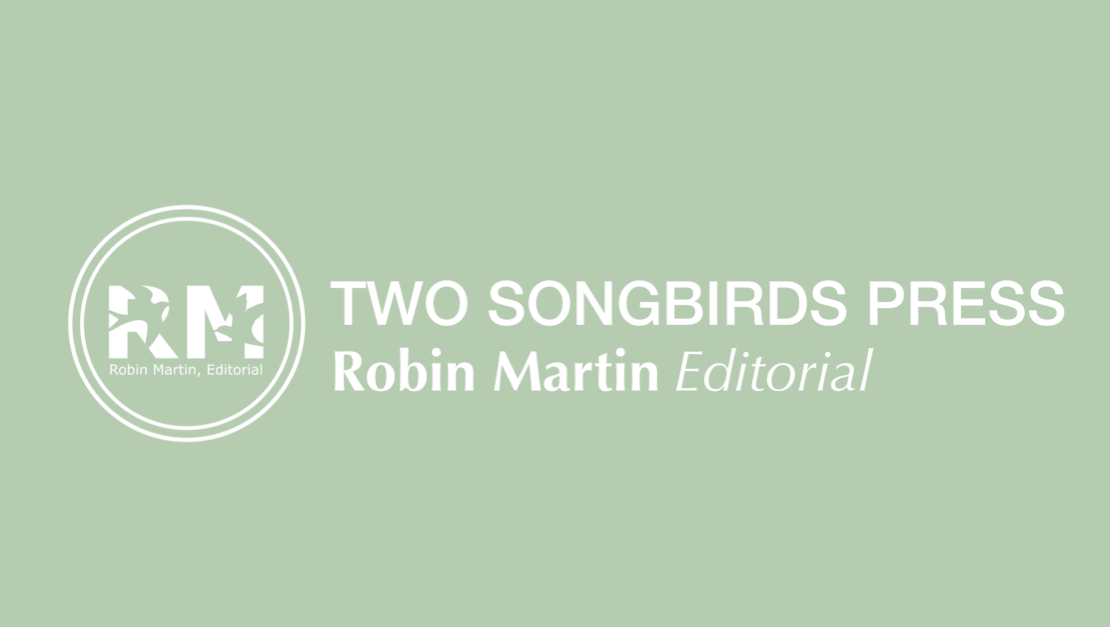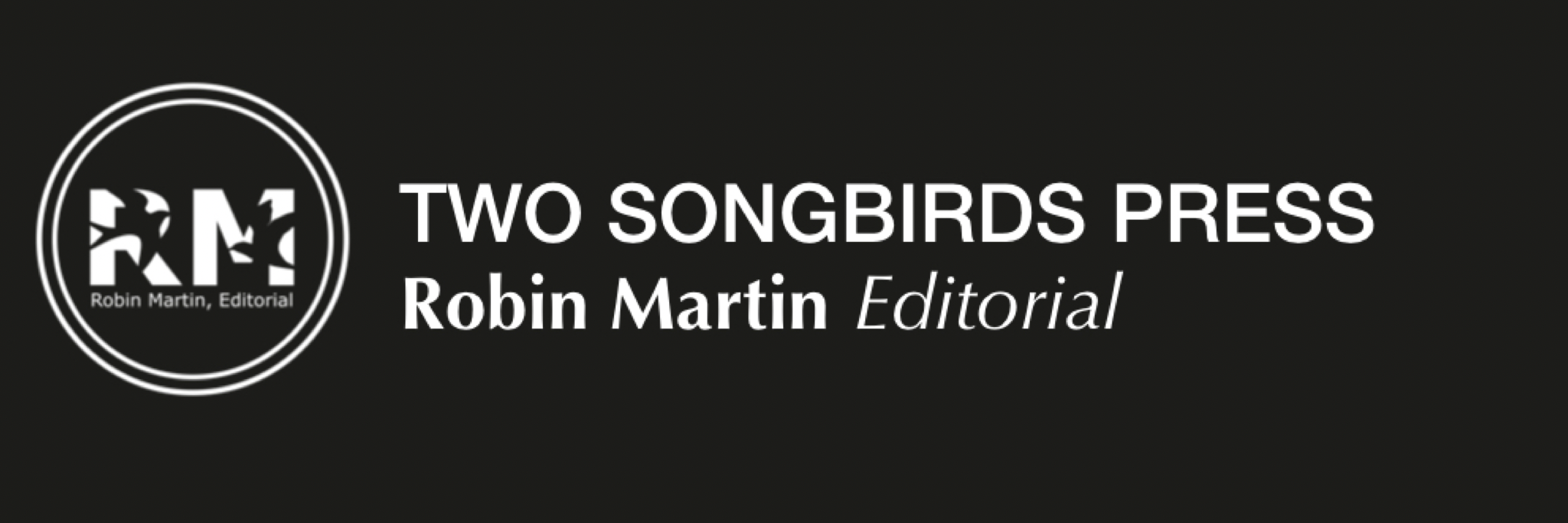- November 16, 2011
- Robin Martin
- No Comments

At this past weekend’s Self Publishing Boot Camp, I was privileged to speak on the topic of editing for self-publishers. I had only 30 minutes to speak on the topic, and I wanted to cover the nuts and bolts of what an editor can do and how to find an editor who will work best with you and your work (and your budget). I think I succeeded, but there’s always more to be said. I will focus in this post on the professional evaluation and critique.
As you know, I am a writer and an editor, and in that capacity have taken projects from the idea stage to local celebrity, have helped make good manuscripts better, and bad manuscripts a little less embarrassing for the author. Editing is not just about catching those embarrassing spelling and sentence structure errors.
I framed Saturday’s presentation with my history of working with Brad DeHaven, author of Defining Moments: A Suburban Father’s Journey Into his Son’s Oxy Addiction. (Originally titled Beyond the Picket Fence). Brad is a financial planner who brought me a 65 page manuscript, a memoir, that was a chronological telling of his life until that point. He was 50. Everyone kept telling him he should write his story, so he did. He hired me as a professional reader and I provided an evaluation and critique of his manuscript.
 Ideally, you have been receiving critique from readers all along. Ideally, this critique has been free or in exchange for critique on their work, such as in a writing group or a workshop class.
Ideally, you have been receiving critique from readers all along. Ideally, this critique has been free or in exchange for critique on their work, such as in a writing group or a workshop class.
If you were to complete a manuscript to the rave reviews of your beta readers (none of whom you were having sex with or otherwise emotionally attached to) and if you were planning to send it to an agent and go the traditional publishing route, your manuscript just might be ready. The agent, in this case, might be your first professional reader.
You couldn’t expect to receive a personalized letter about why they reject your manuscript, however. You could trust that it was almost there if they request the first fifty and then the rest of the manuscript before refusing to take it on.
When I worked with Andrea Hurst, the agents there often took on manuscripts that they loved but that still needed editing. The agents took on authors with whom they would work to refine and shape the story until it was ready to pitch to publishing houses. This was a tremendous benefit for the author. The agent knows the audience to which she’ll be trying to sell your manuscript. That knowledge makes an agent a particularly valuable editor. 
The downside of this is for the agents– who might work on a manuscript for six months or more (as I did on two occasions) on spec, hoping that the financial reimbursement will come when the book sells with a large advance. Something that ultimately lies with the CFO of large house X.
Now, I understand, agents are feeling the pinch and doing this less and less because they end up working hard without a paycheck. So even if you were planning to pursue traditional publishing and obtain an agent, it would behoove you to have a professional read/evaluation before querying.
One of the things you give up by electing to go the self publishing route is even the possibility of built in professional readers who will “fix up” your book along the way: the agent, and the editor at the publishing house (who are also doing this less and less according to popular wisdom). When working towards being a self-published author, you need to hire an editor.
If you self publish a book without an external, objective, professional read, you open yourself to harsh public criticism of your writing via reviews of your book.
The appropriate editor can evaluate and critique your manuscript, revealing shortcomings you didn’t know existed as far as character, plot, narrative voice, point of view, exposition rather than scene. So you can fix them before you either send it to an agent or publish them to your later dismay.
In my next post, I’m going to talk about common issues that necessitate a substantial edit. For now, I want to leave you with this:
In a prior post I mentioned some blogs I enjoy . Here is another blog I follow. Today Jody talks about why you need an editor. I enjoy receiving the RSS feed from Jody Hedlund. Check it out, because you might enjoy her insight on the writing process too.




